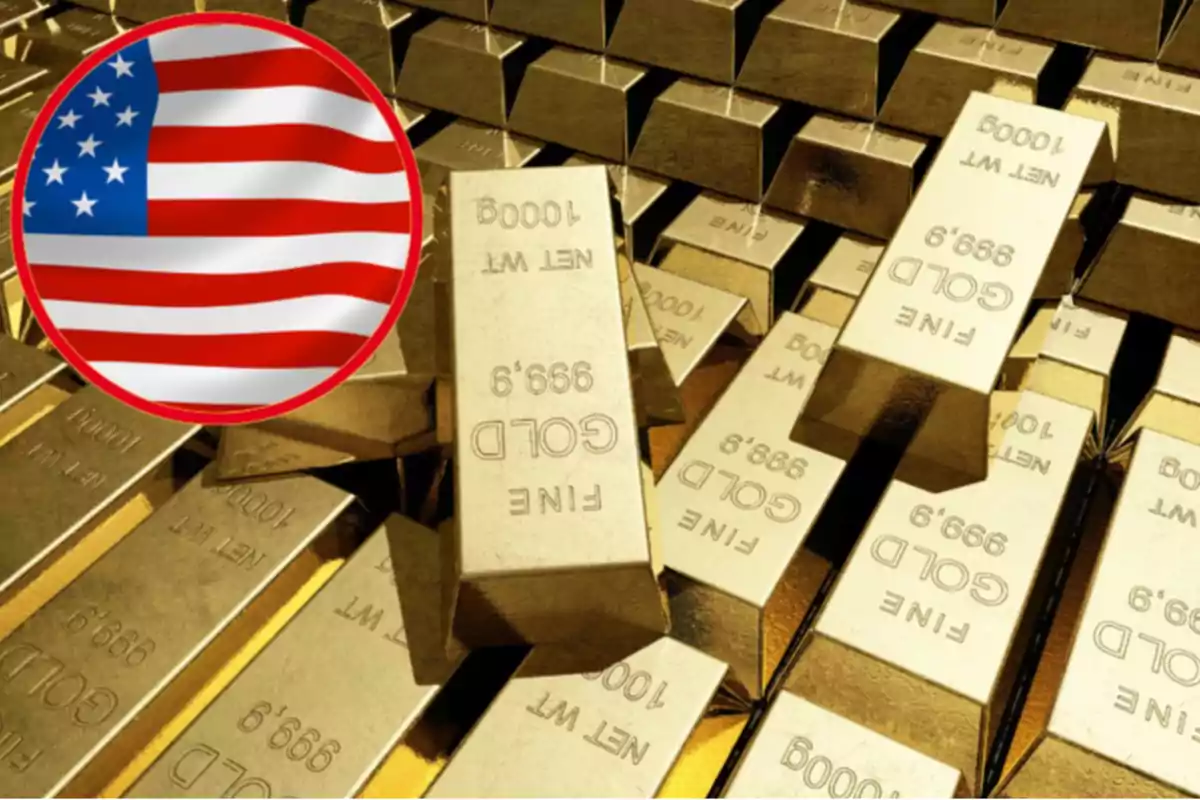For a long time, much of Europe's gold has been stored in the United States. Countries like Germany and Italy trusted that this custody was safe and stable.
But now, that trust is crumbling. The main reason is the political uncertainty in the United States, especially under Donald Trump's administration.
Europe fears that its gold could be used as a political tool or bargaining chip in international conflicts. That's why they're demanding that these reserves return to their countries so they can have more direct control and avoid surprises.
The weight of history and current distrust
The relationship between Europe and the United States is neither new nor simple. Since World War II, the United States has kept Europe's gold to protect it in times of crisis. Germany, for example, keeps in the United States about 37% of its gold, and Italy nearly half.

But current politics have made this relationship waver. Trump's actions, such as the intervention in the Persian Gulf, have revived old fears of an international conflict. This situation has created an environment where Europe wants to make sure its assets are under its control, to protect its economic and political stability.
The threat of a diplomatic and financial crisis
Gold is not just a symbol of wealth; it's a strategic asset and a guarantee in times of crisis. That's why the possibility that the United States might refuse to return it would be a very hard blow for international relations. Germany and Italy could interpret a refusal as a serious lack of trust, which could trigger an unprecedented diplomatic crisis.
This conflict would affect the countries involved and the global financial system, which is based on trust and cooperation. A rupture of this nature could accelerate a global economic war, with unpredictable consequences for trade, investments, and political stability.
Europe takes the initiative toward economic autonomy
This European movement goes beyond gold. It's part of a larger shift in the continent's economic and geopolitical strategy. Europe is seeking greater independence, trying not to depend so much on the United States or its political influence.
This moment revives legends like the "Nazi gold train" and Mussolini's gold, showing its importance in Europe. However, today, the focus is on sovereignty and economic security.
In an increasingly polarized world with rising tensions, Europe is saying it wants to control what's its own. Will this pressure lead to a global economic war or mark the beginning of a new era of balance and respect among powers?

